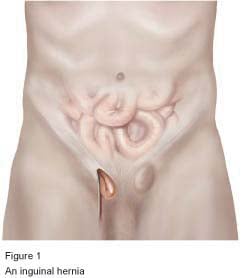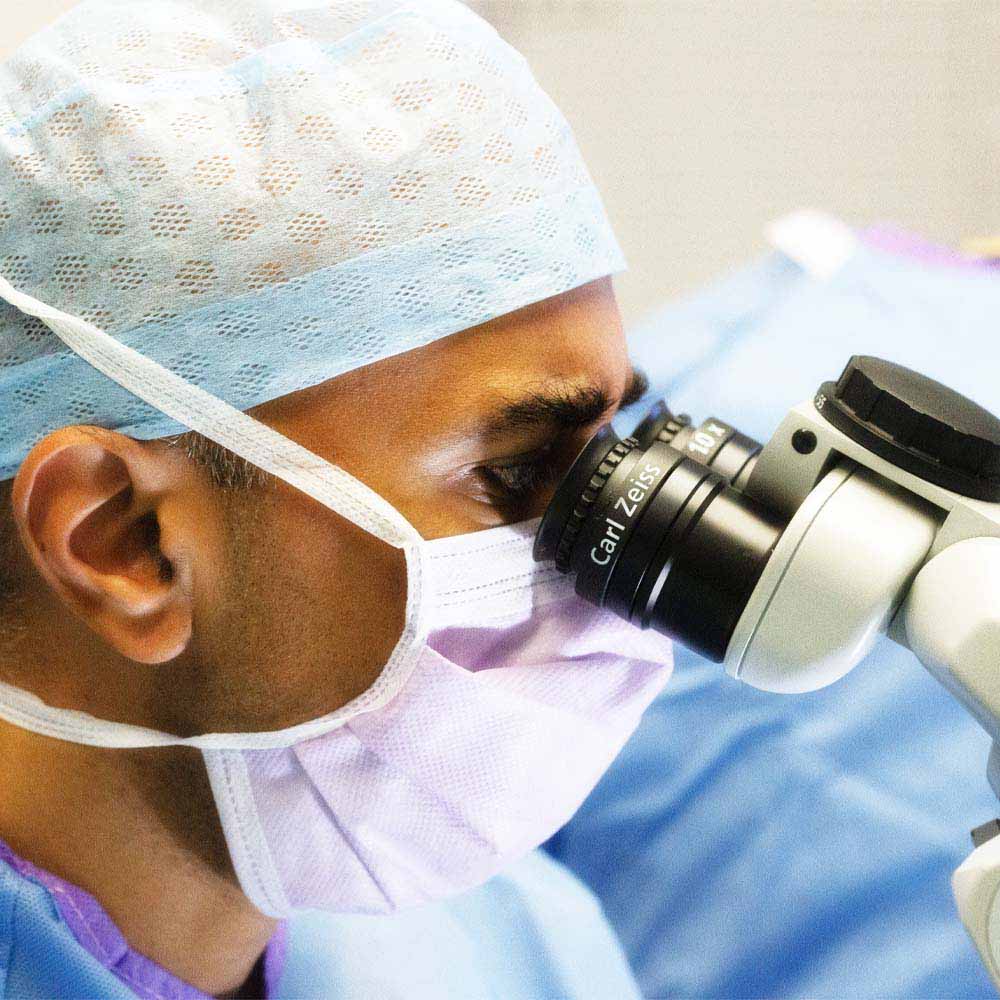This page will give you information about an open inguinal hernia repair (for men). If you have any questions, you should ask your GP or other relevant health professional.
Consultants and Clinic Times

Ms Sala Abdalla
BSc MBBS FRCS (Gen Surg)
Specialities
General Surgery, Upper Gastrointestinal Surgery


Mr Francesco Di Maggio
MBBS, MD, MChir
Specialities
General Surgery, Upper Gastrointestinal Surgery


Mr Michael Jarrett
MA, BM ChB, DM, FRCS
Specialities
General Surgery, Colorectal Surgery


Professor Marcus Reddy
BSc(Pharm), MBBS, FRCS(Eng), FRCS(Gen)
Specialities
General Surgery, Weight Loss Surgery













